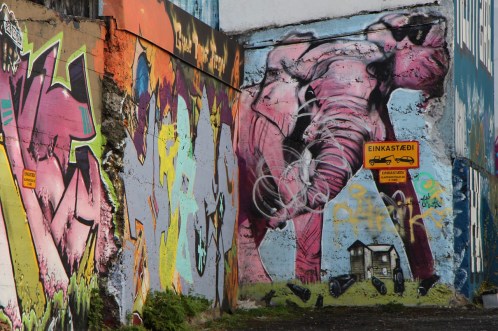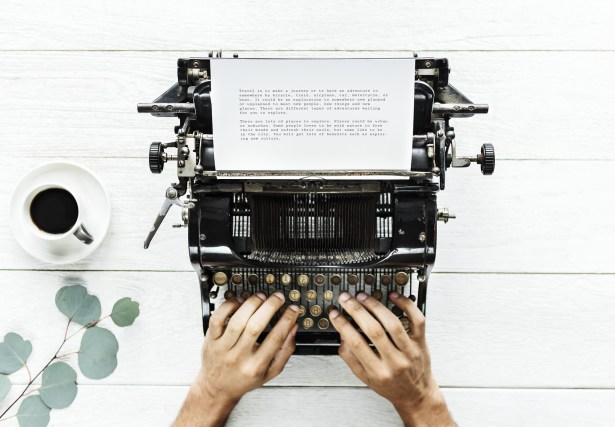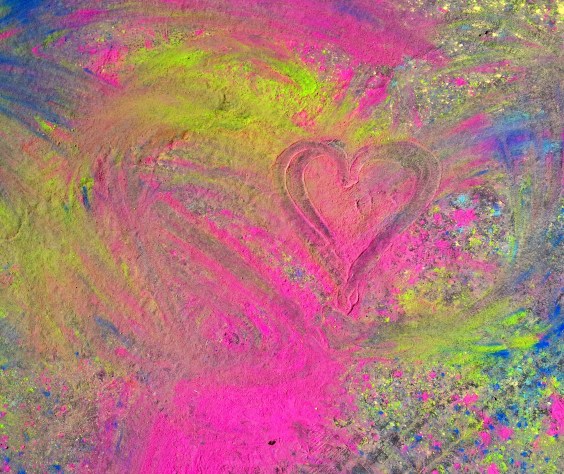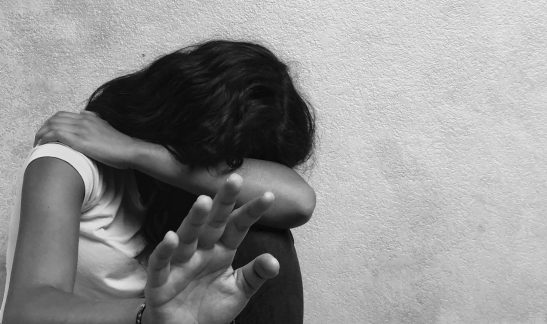
Sympathy. Empathy. Compassion. All that touchy-feely emotional stuff that many struggle with, but so many more show without even thinking. But do we really need it? And what’s the difference between the three? Someone asked me once to help them be more empathetic and I have to admit it threw me. I hadn’t really ever thought about it before. I mean, if someone is hurting you feel sorry for them, right? Seems simple enough. But wait is that sympathy or empathy or compassion? Ugh. So confusing. And can you really teach that or is it ingrained but some people just choose to ignore it?
Okay, let’s shed some light, shall we? Here’s the scoop, as far as I’m concerned anyway. I may be right, you may disagree, all ok either way. Let’s take sympathy first. If someone loses a loved one or their job or they have a really bad day, you feel sorry for them, right? Why? Because you are a human who can understand that circumstances like that can cause someone to feel bad and you can acknowledge that. It’s nothing to do with you but it’s like you’re saying “Hey, I’m sorry that happened.” You reach out, you connect in that moment, that person feels acknowledged and life goes on.
Now, empathy is a step further because – and hold onto your pants, people – your own emotions get involved. You put yourself in their shoes to better understand what they are going through. Say someone stubs their toe. Whilst you may not have actually stubbed your toe in that moment, you can almost feel it, maybe even recollect a time you did it too and therefore really feel for the person who is actually experiencing it. You screw up your face at the thought of it and usually make some kind of “ooooooooo” sound to tell them you know how they’re feeling (which I’m sure we can all agree does not ever, ever help relieve the pain). This, in turn, acknowledges that person’s experience and thus strengthening that connection between you both as you share the pain.
Which then just leaves us with compassion. This is the step beyond empathy when your mutual experience of emotion moves you to actually want to help them. Those of you that know me, know I’m a hugger. I admit it. I fly that flag proudly. I’ll never force one, but if someone needs one, I’ll damn well give them one. A good one too. Why? Because there are few tough situations that aren’t eased by a hug, amirite? That momentary connection between two people that says “hey, I feel your pain and I can’t necessarily fix it but I really want to make you feel better”. That, to me, is how compassion works. You go out of your way, out of what’s going on in your own life, to be aware of something that someone else is going through and do whatever you can to help them.
Sympathy, empathy, compassion: we see examples of them every day. Either-which-way, we need them. We’re all buzzing around in our own little worlds, dealing with our own stuff, but when you stop and notice someone else having a tough time and reach out it can make a world of difference. It can soften the blow and remind us we aren’t going through things alone. Can it be taught? I don’t think so. Why? Because I think we are all innately sympathetic, empathetic, and compassionate at our core. Whether we chose to be aware of what others are going through and do anything about it is ultimately up to us. We can make that choice to reach out and make sure no one goes through anything alone.



 Okay, by all means get me a rocking chair and your nearest porch to rock that baby on – it’ll be well deserved, trust me. Can we just talk about common sense for a minute? Actually can we talk about the fact that it appears to have become some weird superpower or an elusive
Okay, by all means get me a rocking chair and your nearest porch to rock that baby on – it’ll be well deserved, trust me. Can we just talk about common sense for a minute? Actually can we talk about the fact that it appears to have become some weird superpower or an elusive 



 Let’s talk about smiling. If you haven’t come across the wonderful
Let’s talk about smiling. If you haven’t come across the wonderful